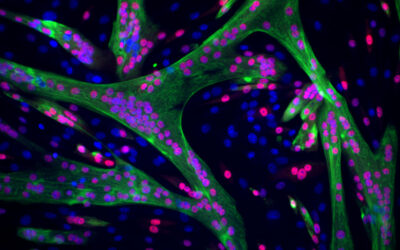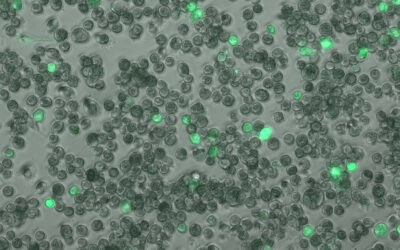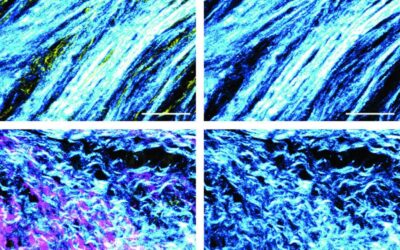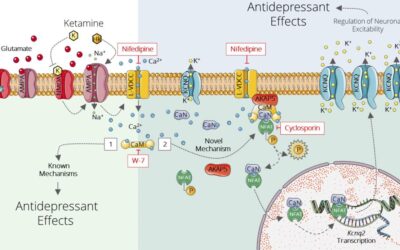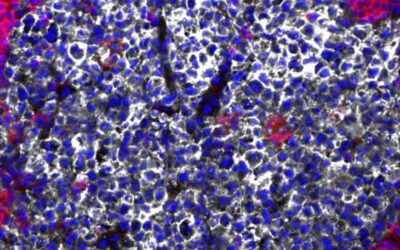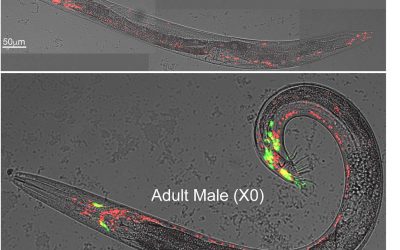Shaping the Role of Future Physician-Scientists
The Weizmann Institute of Science, in a joint initiative with the Miriam and Aaron Gutwirth Fund, is set to establish a medical school, through which it will launch a unique program to train the next generation of...
A machine learning model sheds new light on muscle development
Life sciences have never been more digital. To learn more about life processes, biologists are collecting massive quantities of data that computer scientists analyze by means of sophisticated computational models that they develop. Over the past few years, Dr. Ori...
High levels of defensive proteins offer protection against a hostile takeover by herpes viruses
“Let him who desires peace, prepare for war,” wrote the Roman author Vegetius in the 4th century CE. Our bodies, it seems, live by this dictum: Even in times of peace, some cells express high levels of defensive, antiviral proteins. A new Weizmann Institute of Science...
How B-Cell Eaters Clean Their Plates
Mysterious macrophages, found to rapidly digest dying B cells, may hold clues to future treatments of autoimmune disorders Parents tell their children to eat all the food on their plate, down to the last crumb. Certain cells within our lymph nodes, like obedient...
Weizmann Institute scientists have discovered how mutations in the BRCA genes, particularly prevalent among Ashkenazi Jews, lead to recruitment of cellular “assistants” in pancreatic cancer
Bullying, unfortunately, can be contagious. This applies not only at school or on the playground but also in the cellular neighborhood. That’s why in a new study, a team of researchers headed by Dr. Ruth Scherz-Shouval of the Weizmann Institute of Science focused not...
Changing the Channel: Study Sheds New Light on a Promising Antidepressant
A newly revealed mechanism of ketamine’s action on potassium channels in neurons may lead to improved therapies for depression Ketamine, a well-known anesthetic used in smaller doses as a party drug, was hailed as a “new hope for depression” in a Time magazine cover...
A Matter of Survival: How the Immune System Sets Priorities
When a second infection follows on the heels of a first, the two arms of our immune system may clash Even after prevailing over a viral infection, our immune system stays active, protecting us from any lingering viruses or recurring disease. But what happens if we...
To Slow Cancer, Close the Cells’ Tunnels
Life Sciences 22.02.2022 A gene for transport helps aggressive cancer cells move and spread Cancers are generally harder to treat when they spread rapidly, but clarifying the molecular basis of such aggressive malignancies might in the future lead to new drugs for...
When Male and Female Brain Connections Break Down Differently
A link in a worm nervous system that is broken in maturing females, but not in males, may shed light on the sex-linked nature of certain mental conditions Depression, schizophrenia, Alzheimer’s disease and other neurological and psychiatric disorders tend to strike...
Cancer cells turn out to have memories. But these are unreliable and can end up causing trouble
Much as our earliest memories go into making our grown-up personalities, the cells in our bodies have “memories” that shape their identities. Cellular memories remind our skin cells to stay skin and bone cells to stay bone – even as these cells divide again and again....

